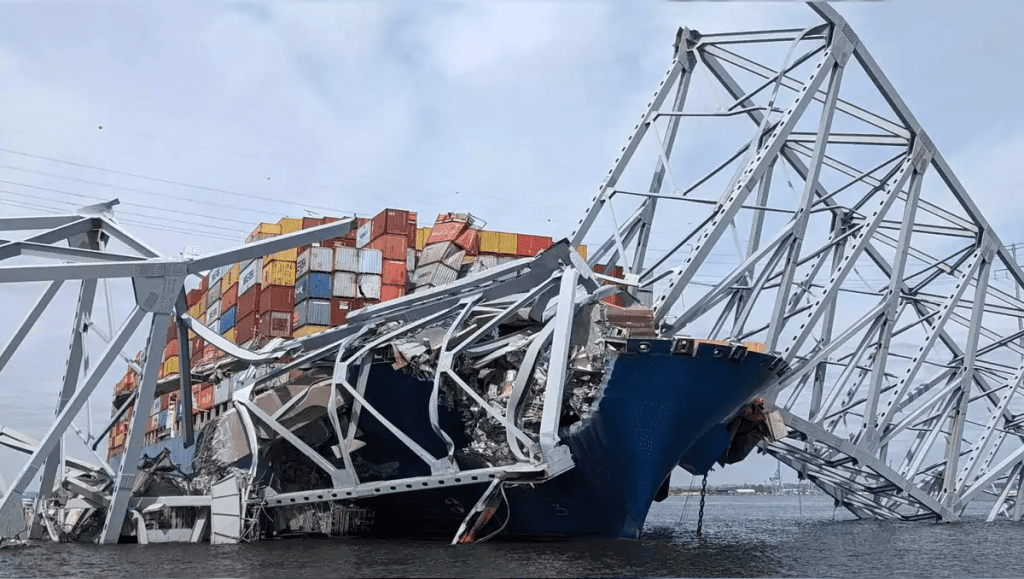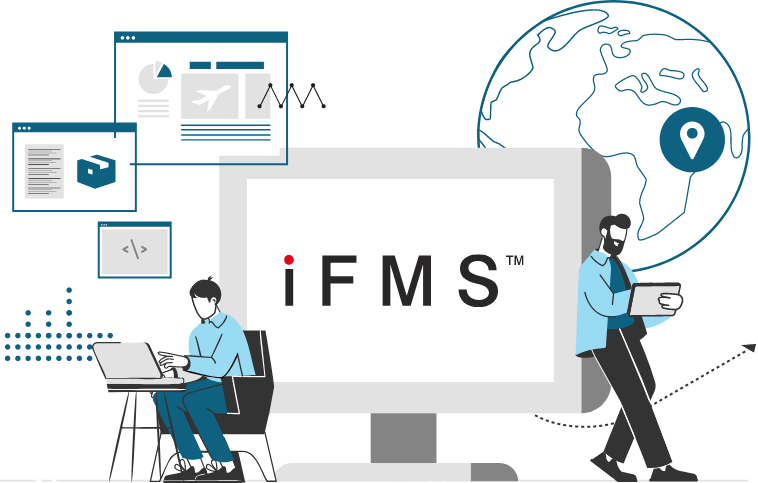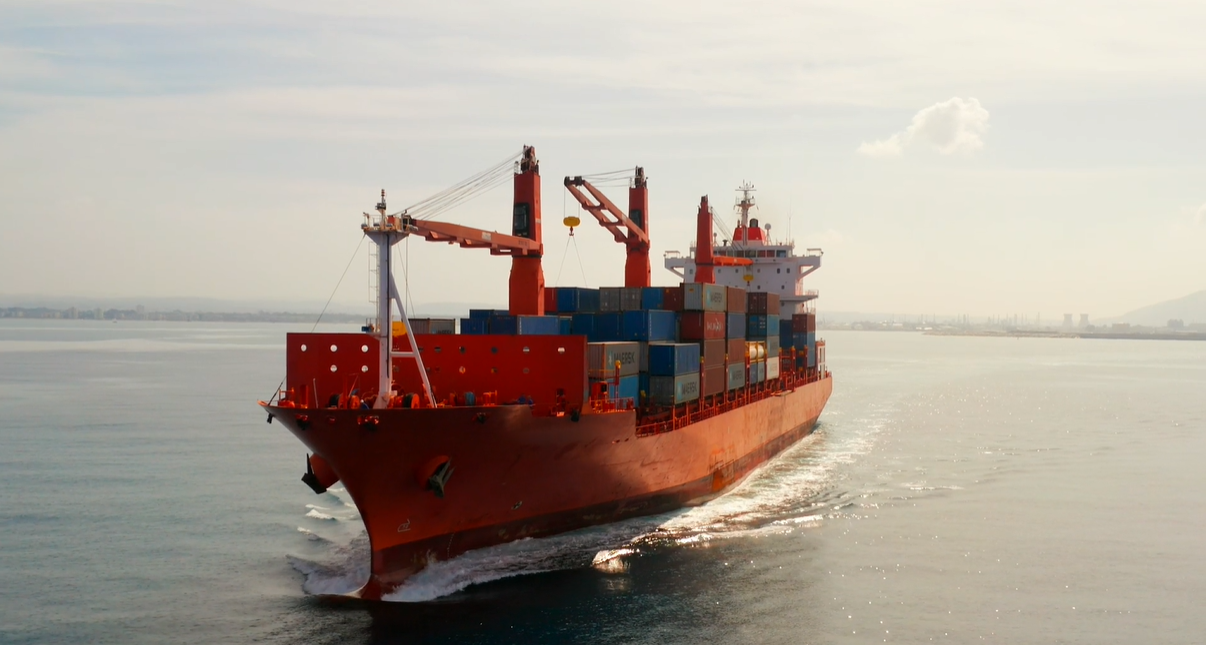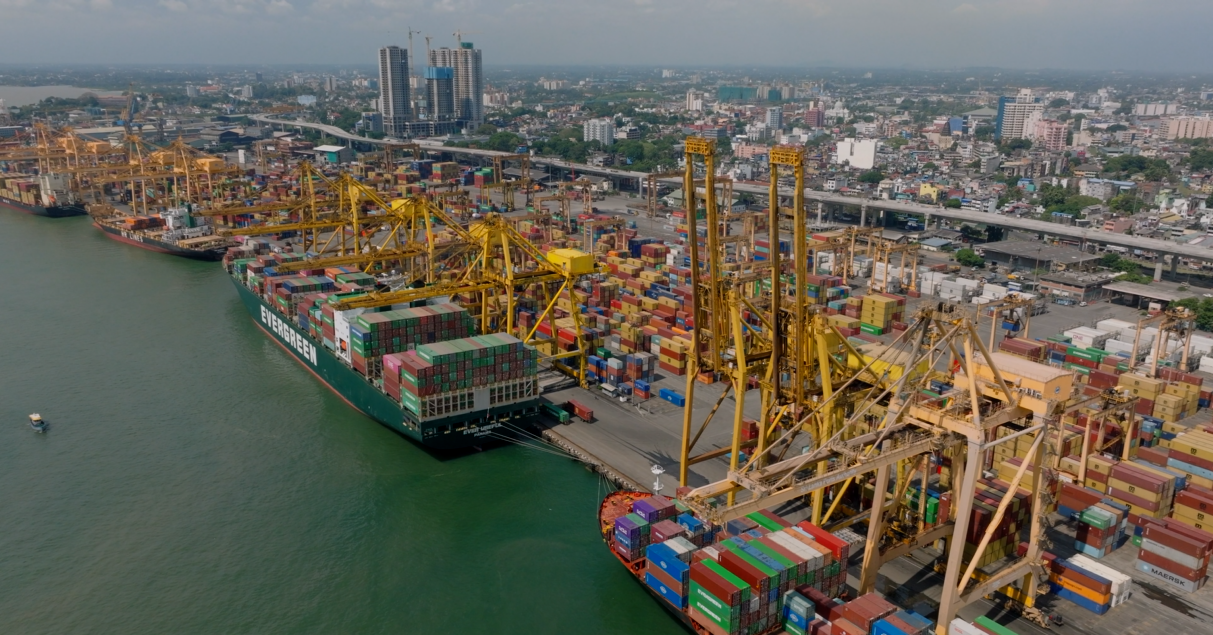FREIGHT FORWARDING
Crucial Role of Freight Forwarding in Supply Chain Management
Efficient supply chain management is essential for the success of any business. The logistics of transporting goods can be intricate and costly, but with the right strategies, this process can be streamlined to enhance overall business performance. Outsourcing logistics to third-party services is a common practice, making freight forwarding a key component of supply chain management. Freight forwarders manage the transportation and delivery of goods, ensuring smooth and efficient operations. In this blog post, we will explore the fundamentals of freight forwarding, its operational stages, and the pros and cons of utilizing these services.
May 30th, 2024
|
3 Minute Read

What is Freight Forwarding?
To ensure a successful freight forwarding project, it is important to understand the following six stages:
Export Haulage
Export haulage is the initial stage where goods are transported from the shipper’s location to the freight forwarder’s warehouse. This step includes packing, booking, and preparing the cargo for international shipment. The responsibility for this stage can lie with either the shipper or the consignee, depending on the contractual agreement.
Items Checkpoint
Export haulage is the initial stage where goods are transported from the shipper’s location to the freight forwarder’s warehouse. This step includes packing, booking, and preparing the cargo for international shipment. The responsibility for this stage can lie with either the shipper or the consignee, depending on the contractual agreement.
Export Customs Clearance
This stage involves obtaining approval from the customs authorities for the shipment to leave the country. Each country has its own set of regulations and required documentation. Freight forwarders typically have customs specialists to handle these requirements, ensuring smooth passage through customs.
Import Customs Clearance
Upon arrival in the destination country, import customs clearance ensures the shipment meets local regulations. Freight forwarders assist with the necessary documentation and help secure any required licenses, permits, and certificates for legal entry.
Final Destination Arrival and Handling
This stage involves arranging the secure delivery of the shipment to its final destination. Freight forwarders coordinate with local transporters to ensure the safe and timely arrival of goods, handling unloading and preparation for the last leg of the journey.
Import Haulage
The final stage, import haulage, involves transferring the goods from the international freight forwarder to the client. This ensures the shipment arrives intact and on schedule, often involving local transportation services.
The Important Role of Freight Forwarding Services
Freight forwarding offers numerous advantages, including:
Expertise and Reliability
Freight forwarders bring extensive knowledge and accountability, helping businesses navigate complex international shipping regulations and resolve any issues that arise.
Global Network Access
With established connections in various industries, freight forwarders provide access to a global network, facilitating the efficient import and export of goods.
Cost Savings
Due to their relationships with carriers, freight forwarders can negotiate lower transportation costs, offering businesses cost-effective shipping solutions.
Accurate Documentation
Freight forwarders ensure precise documentation for customs and cargo insurance, reducing the risk of errors and delays.
Regulatory Compliance
Freight forwarders help ensure shipments meet all regulatory requirements, avoiding potential legal issues and fines.
Advanced Tracking Technology
Modern freight forwarding services utilize technology for real-time cargo tracking, providing businesses with visibility into their shipment’s status throughout its journey.
Flexibility and Versatility
Freight forwarders offer various transportation options and can recommend the best solutions for safe and timely delivery based on the specific needs of the shipment.
Potential Drawbacks of Freight Forwarding Services
While there are many benefits, it is important to consider potential drawbacks:
Dependence on Third-Party Services
Relying heavily on freight forwarders can lead to a lack of internal logistics capabilities, creating dependency on external services.
Variable Costs
Shipping costs can fluctuate based on factors such as distance, weight, size, and demand, potentially leading to higher prices during peak periods.
Risk of Shipment Loss
There is always a risk of shipments being lost or misdelivered, which can result in financial losses and damage to a company’s reputation.
Integral Industries That Rely on Freight Forwarders
Freight forwarding services are essential for various industries, including:
Manufacturing
Manufacturers rely on freight forwarders to distribute products globally, navigating the complexities of international logistics.
Pharmaceuticals
Pharmaceutical companies use freight forwarders to handle the sensitive and regulated transport of drugs and medical supplies.
Medical Equipment
Medical companies require precise shipping solutions to ensure the safe and timely delivery of equipment with proper documentation.
E-commerce
E-commerce businesses depend on freight forwarders for international shipping, managing high-quality and timely deliveries to customers worldwide.
Construction
Construction projects often need to import or export materials, with freight forwarders managing the logistics of transporting sensitive or hazardous items.
Fashion
Fashion companies use freight forwarders to balance cost-effective shipping and competitive pricing in their global supply chains.
Conclusion
Freight forwarding has become an integral part of global supply chain management, helping businesses across various industries manage the complexities of international shipping. By understanding the stages, benefits, and potential drawbacks of freight forwarding, companies can make informed decisions to optimize their logistics operations and enhance overall efficiency.

SUBSCRIBE TO OUR NEWSLETTER!
Read Next
-
Industry Trends: Q2 Insights for LTL Carriers
Less-than-truckload (LTL) carriers are handling more retail freight due to…
-
Air Europa Cargo Partners with Cargo.one for Enhanced Digital Booking
Air Europa Cargo and cargo.one have launched a global partnership…
-
The Role of Electric Vehicles in Modern Logistics
Electric vehicles (EVs) are revolutionizing the logistics industry. Professionals in…
-
Are You Making These Common Freight Forwarding Mistakes?
In the fast-paced world of freight forwarding, efficiency and accuracy…
-
Supreme Court Empowers Carriers: New Regulatory Realities
On June 28, 2024, the U.S. Supreme Court delivered a…
-
Maritime Shipping Still Struggles: Ocean Rates Soar
Ocean spot rates for shipping forty-foot equivalent containers from China…
-
A Comprehensive Guide to Freight Accounting
Effective freight management is crucial for ensuring that businesses can…
-
Rising Container Shipping Rates: US Demand & Red Sea Issues
The global shipping industry is grappling with soaring container rates…
JOIN OUR MAIL LIST FOR EXCLUSIVE ACCESS TO
LATEST NEWS, TIPS, AND RESOURCES
Your privacy matters! Suntek only uses this info to send content and updates. You may unsubscribe anytime. View our privacy policy for more.













